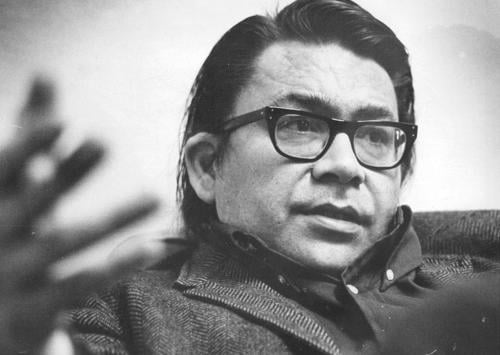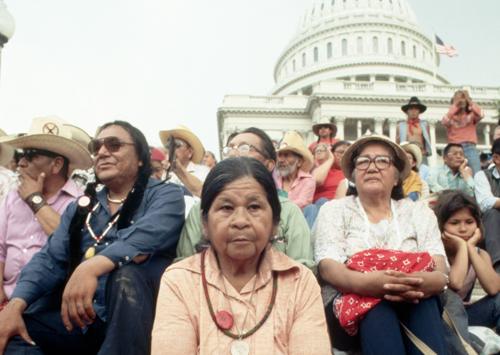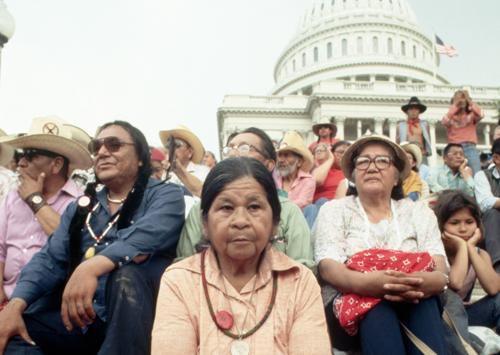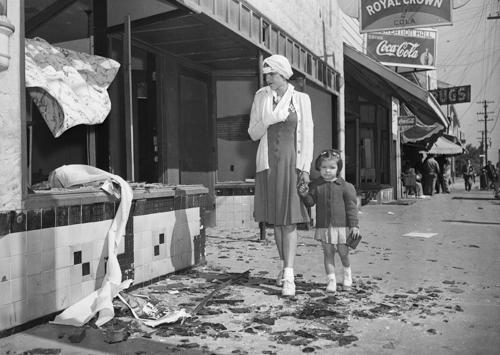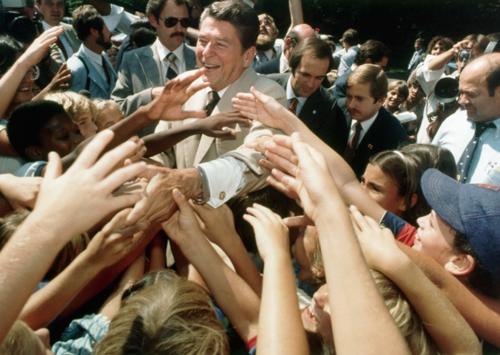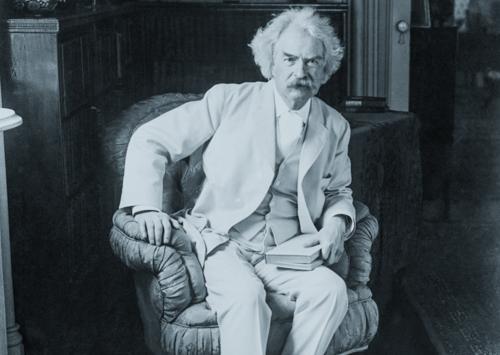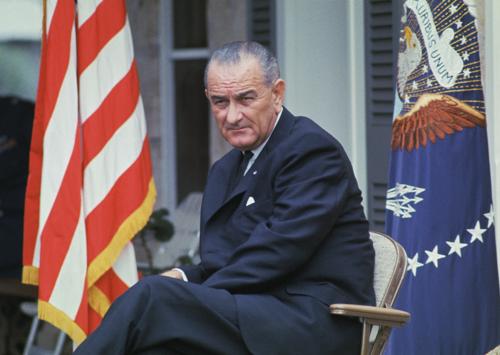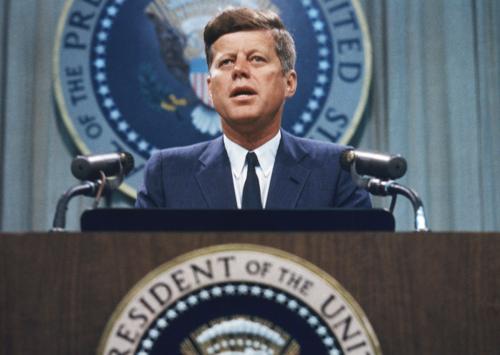Listen to New Voices on Studs Terkel our partnership with 826CHI-here! Read the Story
Showing 1 - 15 of 15 results
-
William Least Heat-Moon discusses his book "PrairyErth: (A Deep Map)"
Nov. 5, 1992 Discussing the book "Blue highways: a journey into America" with William Least Heat Moon.
-
Vine Deloria discusses Native American rights and history
Jan. 20, 1975 Vine Deloria discusses Native American rights and history focusing on treaties formed and broken by the United State government. Original recording 1965063-3-1 includes music by Buffy Sainte-Marie.
-
Stan Steiner talks with Studs Terkel ; part 2
1967 Discussing the book "The New Indians" and interviewing the author Stan Steiner.
-
Stan Steiner talks with Studs Terkel ; part 1
1967 Discussing the book "The New Indians" and interviewing the author Stan Steiner.
-
Robert Allen discusses his book "The Port Chicago Mutiny"
May. 12, 1989 On July 17, 1944, there was a huge explosion at Port Chicago in California. Of the 320 men on duty at the pier that died, 202 of them were Black. Robert Allen's book, "The Port Chicago Mutiny: The Story of the Largest Mass Mutiny Trial in U.S. Naval History," covers the story of poor working conditions, the explosion, work stoppage, the trial and the outcome. There is an excerpt of Joe Small, recalling what happened, when he was a sailor present there.
-
Richard Barnet discusses his book "The Rockets' Red Glare"
Feb. 20, 1990 According to Richard Barnet's book, "The Rockets' Red Glare: When America Goes to War: The Presidents and the People," most people kept to themselves and didn't talk to one another about anything. Barnet talks about how the government would use propaganda to get people interested and thus backing the government with going to war.
-
John Henry Faulk discusses the Vietnam War and current state of America
Nov. 1, 1969 John Henry Faulk discusses his experience lecturing at so-called knife and fork clubs and colleges across the United States; feelings of fear and powerlessness in America; the value of young people's activism in the United States; and the enlistment of poor men to serve in the Vietnam War. Faulk also speaks as several characters he plays to challenge and comment on the Vietnam War.
-
John D. Weaver discusses his book "The Brownsville Raid"
Apr. 6, 1971 Events not recorded in history books is what prompted John D. Weaver to write "The Brownsville Raid: The Story of America's Black Dreyfus Affair". Weaver had heard the story of Black Army soldiers causing a raucous, when they were actually set up. Without even being granted a trial, President Theodore Roosevelt, dismissed those soldiers from the United States Army, Weaver explained.
-
Henry Steele Commager discusses the history of American ideal
Jul. 4, 1974 Discussing American democracy and interviewing Henry Steele Commager. Commager is an eminent historian who published an annotated version of Alexis de Tocqueville's "Democracy in America".
-
Harry Barnard discusses life as a teacher, writer and biographer
1967 Mr Barnard discusses being a writer and biographer. He strongly discusses the theory, What is literature? and states, "If the work(writing) enriches the person reading and causes deep thought it is literature." He is working, at the time of broadcast, on the papers, notes manuscripts of Upton Sinclair preparing to . He was also writer in residence at Roosevelt University at the time of broadcast.
-
Eric Goldman discusses his experiences as special consultant to President Lyndon Johnson
1967 Historian Eric Goldman discusses his time as special consultant for President Lyndon B. Johnson and his book "The Tragedy of Lyndon Johnson."
-
Discussing the book "Blue highways: a journey into America" with William Least Heat Moon
Feb. 8, 1983 Discussing the book "Blue highways: a journey into America" with William Least Heat Moon.
-
Daniel Boorstin discuses his book "The Image: A Guide to Pseudo-Events in America"
1960 Discussing the book "The Image: A Guide to Pseudo-Events in America" and interviewing the author Professor Daniel Boorstin.
-
Celia Morris Eckhardt reads from and discusses the book "Fanny Wright: Rebel in America"
May. 23, 1984 Discussing the book "Fanny Wright: rebel in America" with the author Celia Morris Eckhardt.



